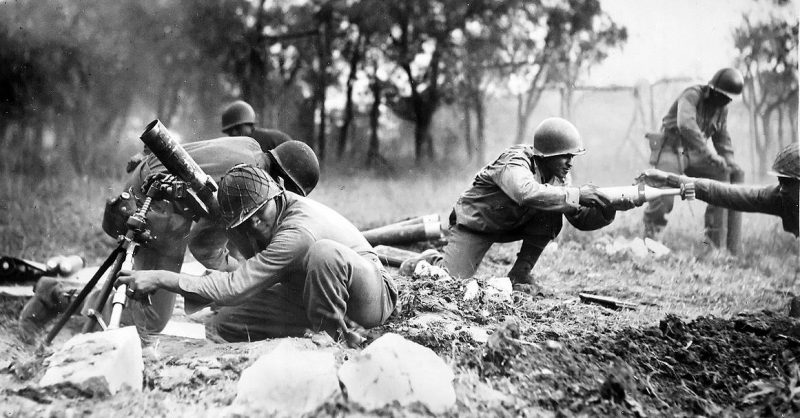After George Watts, 93, graduated from Fosdick-Masten Park High School in Buffalo, New York, in 1941, he found that there weren’t many good paying jobs available for a young black man.
His first job was working for a downtown dress shop where he stocked shelves and did whatever the boss wanted to be done. It could be demeaning work except when he got to make the window displays to attract shoppers into the store. “That was like a promotion,” Watts remembers.
The problem was that the job paid $16 a week. A friend told him that, with overtime, he could make $60 a week at the Curtiss-Wright airplane factory in Cheektowaga. Soon, Watts was working as a riveter.
He worked on P-40 Warhawk fighter planes and worked on parts of the C-46 transport planes. A year later, he was drafted into the Army where he made $50 a month with $46 a month in take-home pay.
Worse than the pay was the way he felt blacks were treated as second-class citizens. “I was assigned to a segregated, all-black combat engineers unit with all white officers in charge. So you know how I felt. I was not at all happy,” Watts said.
His unit sailed for a month across the Pacific to the Philippines. His high IQ got him assigned to the headquarters company where he worked on water purification, traveling around with equipment to purify drinking water.
He was spared having to fight in the war which he is grateful for.
But he wasn’t spared from the racism that still bothers him.
“Way back before we went overseas, I was at Fort Niagara, and the German prisoners slept in steam heated barracks while we slept in tar-papered shacks down on the riverfront heated by two coal stoves,” Watts said. “That I remember very well.”
Before being drafted, he had taken the Civil Service exam and scored high enough on it that the Post Office hired him after he left the military. He worked on mail trains for more than sixteen years.
He married and had a daughter, and retired in 1983, The Buffalo News reported.
He sometimes thinks back on his military service, but not kindly due to the racism and prejudice he faced.
He has one more complaint. The Army has never given him his war medals.
